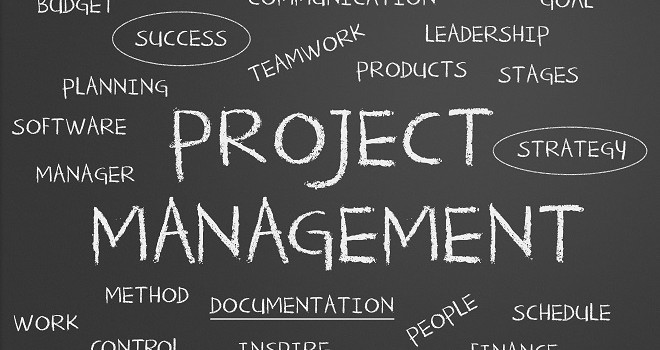Construction Project Management for the Not So Smart!
Construction Project Management for the Not So Smart!
4 Steps to Successful Construction Project Management
By William Goodman
Because of the ever-growing array of huge, complex and technically challenging projects in today’s world, project management has become a critical skill. People need special tools, techniques and knowledge to handle their project management assignments, such as confirming a project’s justification, developing project objectives and schedules, maintaining commitment for a project, holding people accountable, and avoiding common pitfalls.
Having or obtaining these critical skills may be somewhat overwhelming and intimidating. However, by following a few basic and simple steps a manager can avoid getting tangled up with the technical challenges and pitfalls that inherently come with being in this position.
It’s no secret that following a simple rule called KISS can be good philosophy to have: Keep It Simple Stupid. But, here are some additional steps to take to avoid traps and challenges:
1. Know Your Contract.
You must know the contract: what it says, the objectives, the contractors’, owners;/clients’ and architect’s responsibilities, , the deliverables, milestones, the common terms, etc. Be sure to highlight and tab the essential parts of the contract that require action for quick reference later.
By understanding the contract, you can manage assignments and project justification. Prepare a matrix to track the assignments and who is responsible for each task or action required.
2. Communicate, Communicate, Communicate.
The manager must be able to communicate whether in writing or verbally. According to Dale Carnegie, author of How to Win Friends and Influence People, 85% of success on the job is due to one’s ability to lead people and personality. Only 15% of success is due to one’s technical knowledge. Therefore, the ability to communicate with people is vital and essential in increasing your success tremendously. It takes time to develop good communication skills and a good part of that development requires you to be a good listener. You should be listening two times more than speaking.
Try to avoid these kinds of pitfalls when communicating: expressing your feelings, making it personal, guessing or making assumptions. These types of emotions do not go over well in the business world, let alone in construction. Stick to the topic and facts. Be proactive – not reactive. Always maintain your composure and confidence. And, always be ready for that unexpected curve ball that undoubtedly will come at some point in time, but do not waiver or overreact to these types of situations.
3. Be Prepared.
One of the more important and time consuming tasks that a manager is responsible for is preparing and administering project meetings. Plan to start preparing for a scheduled meeting – whether it’s a conference call or in-person – at least a week in advance.
First, start by drafting the meeting agenda. Then, gather and assemble supportive documentation and exhibits that will be reviewed at the meeting. Be sure that all participants have confirmed or accepted the meeting request or invite. If applicable, send out the meeting agenda and attachment to the participants a day in advanced.
Finally, when it comes time for the meeting, allow for some interaction and light conversation between all attendees. Most importantly, be prepared and anticipate the unexpected.
4. Keep Things In Proper Perspective.
You must be able to adapt to an array of personalities and the unexpected. Therefore, you need to be flexible with your management style so that you can make adjustments to achieve your goals and end results. Do not take yourself too seriously. Instead, strive to balance seriousness and light humor. This is something you are more apt to figure out through real-life experiences.
William Goodman, Senior Project Manager for Triune, is a highly accomplished multi-talented project manager with over 30 years of construction experience. He encompasses excellent skills in preparing schedules and managing job costs, budgeting, contract negotiation, Design Build, and pre-construction services.
The Punch List is Triune’s proprietary blog for discussing issues and providing insights specific to the commercial construction industry. Copyright 2014 TMV, LLC (Triune). Any and all rights reserved.

